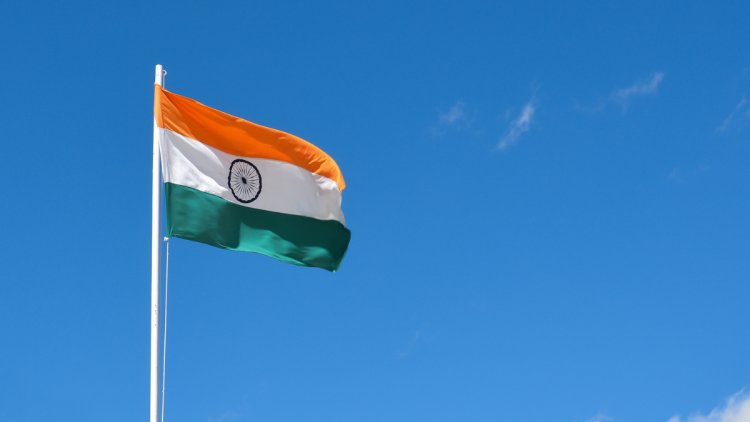‘India’s Path to Power: Strategy in a World Adrift’
Asia News Agency

An important document, ‘India’s Path to Power: Strategy in a world adrift’, by eight well-known strategists and thinkers, has been recently prepared by the Centre for Policy Research (CPR) presents.
The document, writes T.P. Sreenivasan (former Ambassador of India and Governor for India of the IAEA) “is in the nature of an alternative to the foreign and defence policies of the Modi government, as some of its tenets are not considered conducive to finding a path to power for India in the post-pandemic world. The eight conclusions are quite logical and reasonable, but the tenor and tone of the paper is one of criticism and need for course correction.”
Modi’s remarkable first term; not so remarkable second term
The first term of the Modi government, says Sreenivasan “was remarkable for its innovative, bold and assertive foreign policy, which received general approbation.”
Prime Minister Narendra Modi “laid out his priorities and pursued them with vigour. After his unconventional peace initiatives with Pakistan failed, he took a firm stand and gained popularity at home. His wish to have close relations with the other neighbours did not materialise, but his helpful attitude to them even in difficult situations averted any crisis. He brought a new symphony into India-U.S. relations and engaged China continuously to find a new equation with it. India’s relations with Israel and the Arab countries became productive…..
“It was when the second Modi government dealt with some of the unfinished sensitive matters, which were essentially of a domestic nature (Article 370, citizenship issues and farming regulations), that their external dimensions led to a challenge to its foreign policy. Questions were raised in the West about human rights and the state of democracy in India. The opposition in India began to question the foreign policy postures of the government. The pandemic, the economic meltdown and China’s incursion into Ladakh added to the woes of the government.”
The cumulative effect of these developments is reflected in finding of the CPR report that domestic issues have impacted foreign policy and, therefore, India should set its house in order to stem the tide of international reaction. “It is important that we acknowledge the perverse impact of domestic political and ideological factors that are driving our foreign policy... Political polarisation and majoritarianism will lead to a diminished India — one that may struggle to meet the challenges and opportunities that lie... ahead,” asserts the report. It also says that the confused international order that followed the global crisis saw an “omnidirectional Indian foreign policy.” These harsh statements are likely to be challenged by the government, which will claim that India has stood true to its own foundational values and there is no “authoritarian model of development”.
Positive elements of the report
The report, argues Sreenivasan “has many positive elements, which will help policymakers to rethink policy. For instance, the report rightly points out that ‘it would be incorrect and counterproductive for India to turn its back on globalisation….’ It also suggests that SAARC should be revived and that India should rejoin the Regional Comprehensive Economic Partnership and continue its long-standing quest for membership in the Asia-Pacific Economic Cooperation.
“The report also stresses the importance of strategic autonomy in today’s world where change is the only certainty. As for the India-U.S.- China triangle, the report makes the unusual suggestion that India should have better relations individually with both the U.S. and China than they have with each other.
Calls for a fundamental change in foreign policy
“The report contains detailed analyses on different regions and key countries, but the general thrust is that all is not well with Indian foreign policy and a fundamental change is necessary to meet the present situation. The report concludes that since China will influence India’s external environment politically, economically and infrastructurally, there is no feasible alternative to a combination of engagement and competition with China. The approach of the present government is not very different. There is implicit criticism of the Pakistan policy when the report asserts, ‘as long as our objectives of policy towards Pakistan are modest, resumption of dialogue and a gradual revival of trade, transport and other links are worth pursuing’.”
A considerable part of the report is devoted to issues relating to defence, the nuclear doctrine, space, cyberspace and the ecological crisis.
















